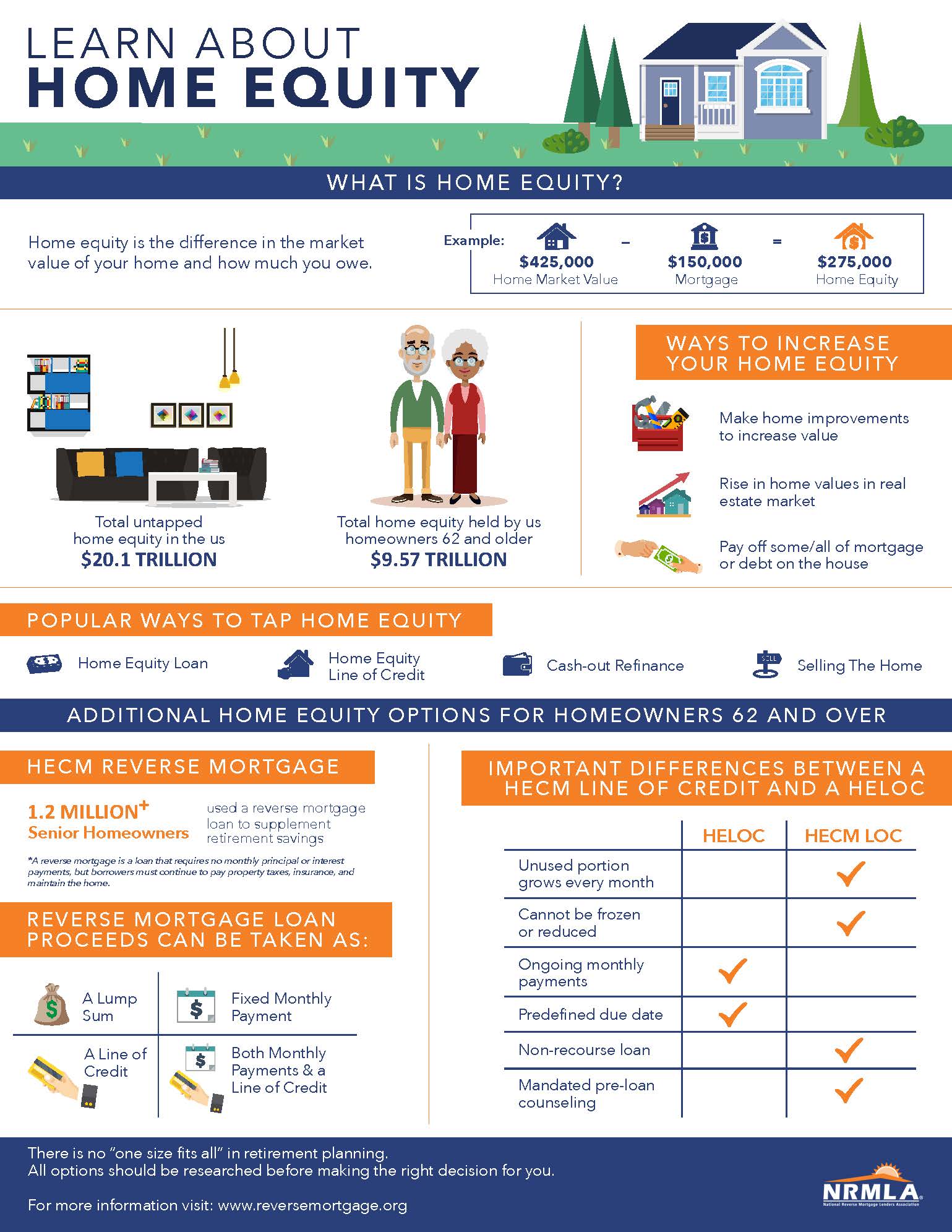A Comprehensive Guide to Choosing the Right Equity Release Mortgages for Your Requirements
Choosing the appropriate equity Release mortgage is a substantial decision for many home owners. It includes understanding numerous products and evaluating individual financial demands. With choices like lifetime home loans and home reversion schemes, the course can seem facility. Secret factors to consider consist of rate of interest and flexibility. As people navigate this landscape, considering potential threats and benefits ends up being important. What aspects should one focus on to ensure the very best end result?
Comprehending Equity Release Mortgages
Equity Release home loans offer a financial option for home owners wanting to access the value secured their residential or commercial properties. Primarily developed for people aged 55 and over, these mortgages enable them to transform part of their home equity into money while proceeding to stay in their homes. Homeowners can use these funds for numerous objectives, such as supplementing retirement earnings, moneying home renovations, or covering healthcare prices. The core concept behind equity Release is that the financing is paid back upon the home owner's fatality or when they relocate right into long-term treatment, at which direct the property is typically marketed to settle the debt. This method makes it possible for people to appreciate the advantages of their home's worth without needing to move. It is necessary for possible consumers to understand the implications of equity Release, including potential influence on inheritance and ongoing financial dedications, prior to deciding.
Kinds Of Equity Release Products
When discovering equity Release items, it is important to understand the main types available. Life time home mortgages, home reversion systems, and drawdown plans each offer one-of-a-kind features and advantages. Reviewing these choices can aid people in making educated financial choices regarding their property.
Life Time Home Loans Discussed
Life time home loans represent among one of the most typical forms of equity Release products available to house owners in retirement. This kind of home mortgage enables individuals to obtain against the worth of their home while keeping possession. Usually, the funding and rate of interest accrued are settled when the property owner dies or moves right into long-term treatment. Consumers frequently have the choice to choose in between fixed and variable passion rates, as well as whether to make regular monthly repayments or allow the interest roll up. The quantity available to obtain usually relies on the property owner's age and property value. This economic service can give retired people with essential funds for different demands, including home enhancements or additional earnings, while allowing them to continue to be in their homes.
Home Reversion Schemes

Drawdown Program Overview
Drawdown plans represent a versatile alternative within the range of equity Release products, allowing property owners to access their building's value as needed. These plans enable individuals to Release a part of their home equity incrementally, instead than getting a round figure upfront. This adaptability can be specifically beneficial for managing finances in time, as customers only pay rate of interest on the amounts they withdraw. Commonly, drawdown strategies feature a pre-approved limit, guaranteeing that property owners can access funds when necessary without reapplying. Additionally, this approach can aid minimize the influence of intensifying interest, as less cash is obtained originally. In general, drawdown plans satisfy those looking for financial flexibility while keeping control over their equity Release trip.
Secret Elements to Consider
When picking an equity Release home loan, several key variables call for careful factor to consider. Passion rates contrast, the loan-to-value ratio, and the flexibility of attributes provided can greatly affect the suitability of an item. Evaluating these components will aid individuals make educated decisions that straighten with their monetary objectives.
Rate Of Interest Rates Contrast
Navigating the landscape of equity Release mortgages calls for careful factor to consider of rate of interest, which play a vital duty in identifying the total cost of the financing. Customers need to compare variable and fixed prices, as repaired prices offer stability while variable prices can fluctuate based upon market conditions. Furthermore, the timing of the rate of interest price lock-in can significantly affect the total payment quantity. Potential consumers have to also review the yearly percentage price (APR), which consists of different fees and prices related to the home loan. Understanding the implications of various rate of interest will allow people to make enlightened decisions tailored to their monetary circumstance. Eventually, a comprehensive analysis of these aspects can cause extra favorable equity Release outcomes.

Loan-to-Value Ratio
The loan-to-value (LTV) proportion acts as a critical metric in the domain name of equity Release mortgages, influencing both qualification and borrowing capacity. It is determined by dividing the amount of the finance by the appraised worth of the residential or commercial property. Generally, a higher LTV ratio suggests a better threat for lenders, which can result in more stringent borrowing standards. Most equity Release products have particular LTV limitations, usually determined by the age of the customer and the value of the residential property. LTV proportions commonly vary from 20% to 60%, relying on these factors. Understanding the effects of the LTV proportion is essential for borrowers, as it directly affects the quantity they can access while guaranteeing they continue to be within secure line of credit.
Adaptability and Functions
Comprehending the versatility and functions of equity Release mortgages is essential for borrowers looking for to optimize their monetary choices. Different products supply differing levels of flexibility, such as the ability to make partial settlements or the alternative to take a lump sum versus regular withdrawals. Borrowers need to also consider the portability of the home mortgage, which enables them to transfer it to a brand-new building if they determine to move. Additional attributes like the capability to include member of the family or the option for a no-negative-equity warranty can improve safety and security and assurance. Inevitably, assessing these factors will certainly help consumers choose a plan that straightens with their long-lasting individual circumstances and economic objectives.
The Application Refine
Just how does one navigate the application procedure for equity Release mortgages? The trip begins with assessing qualification, which usually needs the candidate to be at the very least 55 years old and own a substantial portion of their home. Next, individuals ought to collect required documents, including evidence of revenue, building, and identity valuation.Once prepared, candidates can come close to a lending institution or broker focusing on equity Release. A monetary expert might likewise give valuable assistance, making sure that all alternatives are taken into consideration. Following this, the applicant submits a formal application, which includes a comprehensive examination of their economic scenario and residential or commercial property details.The loan provider will then perform an assessment, which might entail a home valuation and conversations concerning the candidate's demands and circumstances. The procedure finishes with an official offer, enabling the applicant to review the terms before making a last choice. Clear interaction and understanding at each step are vital for a successful application.

Prices and Fees Involved
Various expenses and charges are linked with equity Release home mortgages, and possible consumers need this hyperlink to understand these financial considerations. Initially, there might be an application cost, which covers the lending institution's administration costs (equity release mortgages). In addition, evaluation costs are usually called for to analyze the building's well worth, and these can differ significantly based on the residential or commercial property's size and location.Legal costs have to additionally be factored in, as debtors will need a lawyer to navigate the legal facets of the equity Release process. Furthermore, some lenders might impose early settlement fees if the home loan is paid off within a details term.It is necessary for debtors to thoroughly assess all expenses related to an equity Release home loan, as they can impact the total value of the equity being launched. A clear understanding of these fees will certainly make it possible for people to make enlightened choices
Potential Dangers and Advantages
Equity Release home loans include a variety of expenses and charges that can affect a debtor's monetary scenario. They offer substantial benefits, such as accessibility to funds without the need to market the home, permitting debtors to make use of the cash for retirement, home renovations, or to sustain household participants. Nevertheless, potential dangers exist, including the reduction of inheritance for heirs, as the lending quantity plus interest must be paid off upon the consumer's fatality or move into long-term treatment. In addition, the residential property's value may dislike as expected, bring about a bigger financial debt than prepared for. Debtors may also encounter limitations on selling the home or relocating. It is vital for individuals to thoroughly weigh these threats against the benefits to identify if equity Release lines up with their lasting economic goals. An extensive understanding of both facets is crucial for making a notified decision.
Questions to Ask Prior To Dedicating
When thinking about an equity Release mortgage, prospective consumers must ask themselves several essential inquiries to guarantee they are making an informed decision. They must initially examine their economic circumstance, including existing financial obligations and future demands, to establish if equity Release appropriates. It is crucial to inquire concerning the total prices entailed, consisting of costs, rates of interest, and any type of charges for early settlement. Consumers need to also ask exactly how equity Release will certainly impact inheritance, as it may lower the estate left for beneficiaries. Comprehending the regards to the contract is important; consequently, inquiries concerning the flexibility of the strategy, such as the ability to make settlements or take out additional funds, need to be resolved. Possible debtors ought to take into consideration the credibility of the loan provider and whether independent financial suggestions has been sought to assure all aspects are extensively comprehended.
Frequently Asked Concerns
Can I Pick How Much Equity to Release?
Individuals can usually select just how much equity to Release from their property, however the quantity may be affected by elements such as age, property worth, and lender needs - equity release mortgages. Consulting with a financial consultant is recommended
What Takes Place if Building Values Decrease?
If home values decrease, the equity available for Release reduces, potentially resulting in a circumstance where the outstanding home mortgage surpasses the residential or commercial property worth. This scenario might restrict economic choices and impact future planning for homeowners.
Can I Still Relocate Home With Equity Release?
The capacity to move home with equity Release depends upon the details terms of the equity Release strategy. Commonly, lots of strategies allow homeowners to move their equity Release to a new property, based on approval.
How Does Equity Release Influence My Inheritance?
Equity Release can significantly impact inheritance. By accessing home equity, the total worth of an estate might decrease, potentially reducing what beneficiaries obtain. It's crucial for individuals to consider these ramifications when choosing equity Release options.
Exist Any Type Of Age Restrictions for Applicants?
Age constraints for equity Release applicants commonly call for individuals to be at the very least 55 years of ages (equity release mortgages). Lenders may have additional standards, usually considering the candidate's economic scenario and the home's value throughout the assessment process
Conclusion
In recap, selecting the ideal equity Release home loan needs careful evaluation of individual economic conditions and goals. By recognizing the different product types, crucial aspects, official statement and associated expenses, borrowers can make educated choices. Additionally, identifying possible dangers and benefits is necessary for long-term financial stability. Looking for independent financial recommendations can even more boost the decision-making process, making sure that the picked equity Release solution aligns with the house owner's general financial approach and future aspirations. Equity Release mortgages offer a financial service for home owners looking to access the worth locked in their properties. Recognizing the flexibility and attributes of equity Release home loans is important for customers looking for to maximize their financial options. Some lending institutions might enforce early payment fees if the home mortgage is paid off within a specific term.It is necessary for borrowers to thoroughly evaluate all expenses associated with an equity Release home loan, as they can influence the total value of the equity being released. The ability to relocate home with equity Release depends on the specific terms Homepage of the equity Release plan. Seeking independent financial advice can even more improve the decision-making process, making sure that the picked equity Release option aligns with the homeowner's total economic technique and future desires.